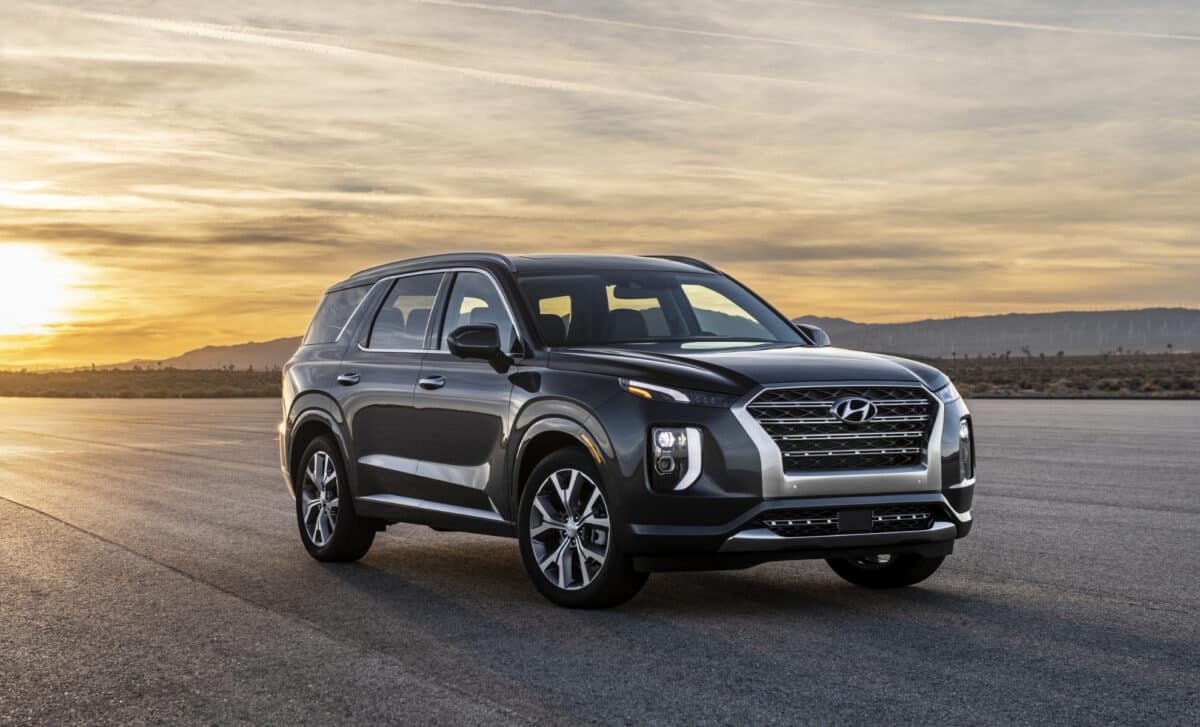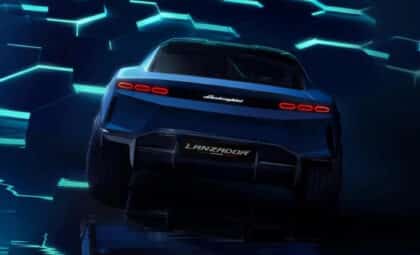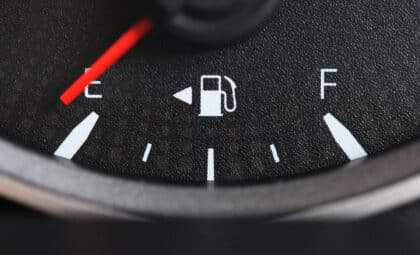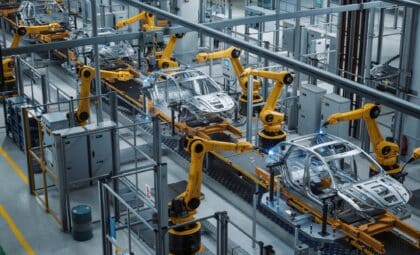The affected vehicles may contain seat belt buckle assemblies with out-of-spec parts, reports the National Highway Traffic Safety Administration (NHTSA). The defect was traced to the first- and second-row outboard seats, raising concerns over passenger safety, especially in cold temperatures.
The recall affects nearly every Palisade from the 2020 through 2025 model years, a period during which the model became one of Hyundai’s top sellers. The company has stated that it will begin contacting owners in November, urging them to take precautions when buckling up in the meantime. The automaker emphasized that no injuries, crashes, or fatalities have been linked to the defect.
Supplier Error Discovered after Spike in Winter Complaints
The investigation into the faulty seat belt buckles began in August 2024, led by the NHTSA’s Office of Defects Investigations, following a string of consumer complaints. These reports focused on difficulty fastening seat belts in 2020–2023 Palisade models, prompting Hyundai to open an internal review.
By July 2025, Hyundai traced the issue to a supplier whose injection molding process was found to be “outside of manufacturing guidelines.” As mentioned in Motor1, the supplier reported a noticeable increase in warranty claims during colder months, suggesting that lower temperatures may worsen the issue.
Hyundai confirmed that the defective components were causing increased friction in the latch mechanism, making it harder to fully secure the buckle when the seat belt tongue was inserted slowly.
The supplier has since corrected the manufacturing process, but Hyundai continued its investigation until early September, when it officially decided to issue a recall.
how the defect manifests in everyday use
Hyundai has advised that drivers may continue operating the affected vehicles, but should take extra care when fastening seat belts. The company recommends inserting the tongue plate into the buckle “with quick and direct motion”, then tugging on the belt to confirm it’s securely latched.
Defective buckles may give off subtle warning signs. As stated by Hyundai, users might notice a lighter-than-normal audible click during fastening or observe a recessed push button on the buckle housing. These cues can indicate that the buckle hasn’t latched correctly, potentially leaving passengers at risk in the event of a collision.
Despite the safety implications, Hyundai emphasized that no confirmed incidents have been reported so far. The recall is a preventive measure, and Hyundai says it’s acting “out of an abundance of caution.”
First-Generation Palisade Reaches Peak Sales amid Recall
Launched in 2019 for the 2020 model year, the Palisade quickly became a cornerstone in Hyundai’s lineup, offering a much-needed three-row SUV in the US market. Sales performance has been strong, with more than 566,000 units sold through August 2025. In fact, the Palisade recorded its best sales year in 2024, with 110,000 units sold, and 2025 sales were already up 17 percent year-over-year at the time of the recall decision.
According to Hyundai’s internal timeline, the defective seat belt parts were installed in vehicles produced from April 10, 2019, through June 16, 2025. The recall covers nearly the entire run of the first-generation model, just as the second-generation Palisade prepares to enter the market for the 2026 model year.









